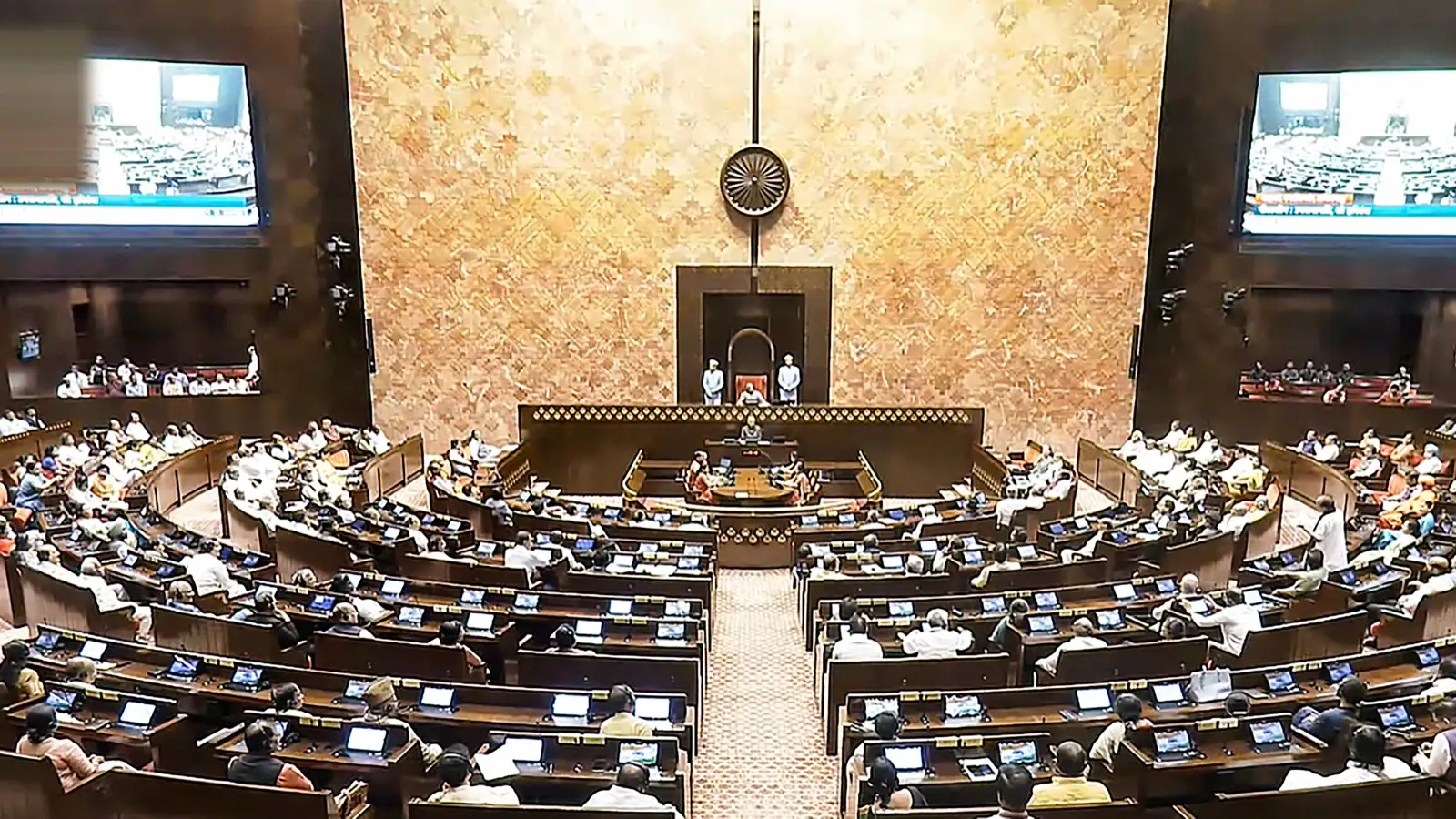
Expanded Leave Policy for Central Government Employees
Central Government employees are now permitted to utilize up to 30 days of earned leave annually for caregiving responsibilities, including the well-being of aging parents. This policy update, announced by Union Minister of State for Personnel Jitendra Singh during a Rajya Sabha session, clarifies that existing service regulations already accommodate such personal needs. The minister emphasized that the Central Civil Services (Leave) Rules, 1972, provide a flexible framework allowing employees to combine various leave types for personal reasons, including family care. This adjustment aligns with growing societal demands for work-life balance while ensuring public sector workforce efficiency.
Comprehensive Leave Entitlements Explained
Under the 1972 rules, government employees have access to a multi-tiered leave structure. This includes 30 days of earned leave, 20 days of half pay leave, 8 days of casual leave, and 2 days of restricted holidays. Singh highlighted that these leave types can be used collectively for personal circumstances, such as attending to elderly family members. The policy underscores the government’s commitment to supporting employees’ familial obligations without compromising service delivery. By integrating caregiving into leave entitlements, the framework aims to foster employee retention and morale while addressing demographic challenges in aging populations.
Government Vacancy Data and Departmental Management
In a separate response to parliamentary queries, Singh addressed the status of sanctioned posts and vacancies across central ministries. As of March 1, 2021, the total sanctioned posts across all departments reached 40,35,203. He clarified that vacancy management is a decentralized process, with each ministry maintaining its own records of unfilled positions and new appointments. This data is critical for understanding workforce planning, particularly in sectors like railways, defense, and home affairs. The minister noted that the government continuously adjusts staffing based on operational needs, ensuring alignment with national priorities.
Contextualizing the Leave Policy Reform
The announcement reflects broader efforts to modernize public sector labor policies. By explicitly permitting leave for elderly care, the government acknowledges the increasing burden of caregiving responsibilities on working professionals. This reform is part of a growing global trend to balance professional and familial duties, particularly in aging societies. The policy also addresses potential workforce attrition by offering employees greater flexibility to manage personal and professional obligations. Such measures are expected to enhance job satisfaction and reduce burnout among government staff, ultimately improving service quality and public trust.
Implications for Employee Welfare and Public Sector Governance
The leave policy update highlights the intersection of employee welfare and administrative efficiency in public sector governance. By codifying caregiving as a legitimate reason for leave, the government reinforces its role as an employer that prioritizes both productivity and social responsibility. This approach may also influence state-level policies, as similar provisions could be adopted by state governments under the broader umbrella of labor rights. The reform underscores the importance of adaptive governance in addressing contemporary challenges, ensuring that public sector employees can fulfill both their professional duties and family obligations without undue stress.




